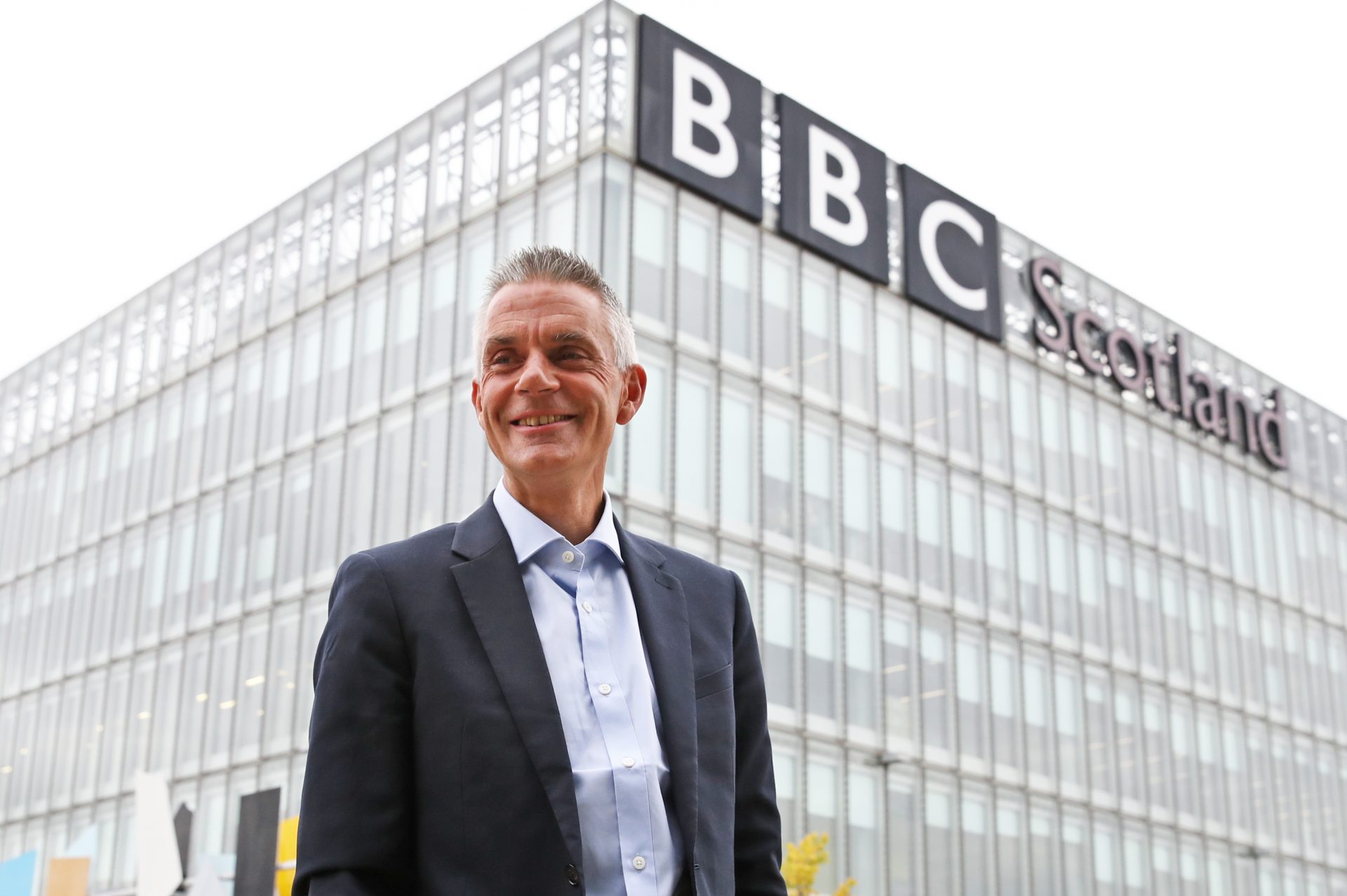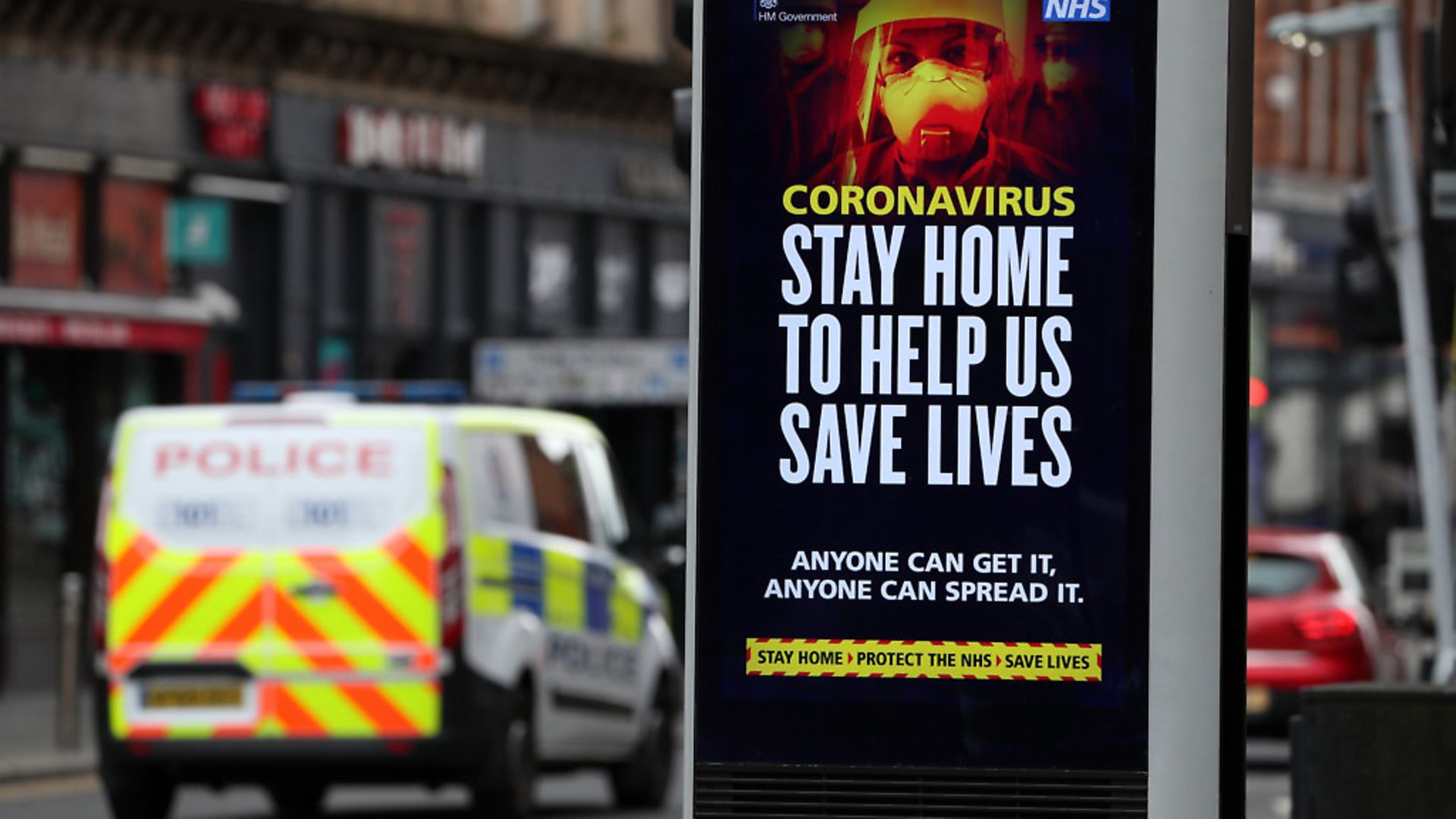The fear and loathing among BBC grandees is set to intensify with a plan by Tim Davie to get them to reveal still more about their outside earnings.
“The director-general feels what’s been declared so far in the registers of outside interests just scratches the surface,” one corporation executive tells me. “He’s passionate about total transparency and wants staff to provide information not merely about payments from outside organisations, but also discounts and freebies they’ve received on account of the status the BBC has given them. He’s also controversially raised the issue of product placement.”
The latter is supposed to be prohibited at the corporation, but I’m told inquiries are being made into staff wearing branded clothing, in one instance, a watch, which the presenter involved wore on-screen and subsequently talked about in a magazine interview. He adds that he’d heard of one prominent presenter using the BBC’s name to demand special treatment from a company that makes rowing machines.
“Receipts are going to be requested to establish that items have been properly paid for,” the executive adds. “There’s also the issue of travel and accommodation for, say, speaking engagements, which often involves staff flying first class, with their partners and sometimes children, to luxurious hotels, as these are, to all intents and purposes, free holidays.”
He admits that there has been “an element of staff informing on each other,” but that’s perhaps inevitable given the divide between the BBC’s invariably impecunious factory-floor journalists, who actually unearth the news and do the research, and their substantially better-rewarded colleagues who front the shows.
The first register of outside earnings was published by the BBC last May, and subsequently quarterly, but the detail was scant. Grandees who have complained to Davie about his “puritanism” have been given short shrift: he makes the point that they don’t have to negotiate with the government over the licence fee.
Apart from his former wife, Sarah, Duchess of York, Amanda Staveley probably knows Prince Andrew better than any other woman. The business tycoon and Newcastle United director – seen wrapped in a blanket as her Premier League team were knocked out of the FA Cup by League One Cambridge at the weekend – has, however, been reluctant to make any comment on the revelations about the prince’s association with the convicted sex trafficker Ghislaine Maxwell and the late Jeffrey Epstein.
Her key role in October last year with a Saudi Arabian consortium’s £300m acquisition of Newcastle helpfully changed the subject, and newspapers – not least the Daily Mail – have largely glossed over her friendship with Andrew.
A long way down a profile of Staveley that the Mail published after the Newcastle deal, there was a coy reference to how Andrew had once wanted to marry her. This is almost certainly more embarrassing for the Mail than that it is for Staveley, who, of course, no one is suggesting had any awareness of the activities of either Maxwell or Epstein.
In October 2003, the Mail had made a big song and dance about a ‘‘world exclusive” from their new diarist Richard Kay, who, in his inaugural column, “revealed” that Staveley was about to marry Andrew.
That week, I had visited Nigel Dempster, Kay’s illustrious predecessor, at his home in Ham in south-west London. He asked me what his successor had chosen as his first lead. When I told him, he threw back his head and laughed.
Funnily enough, Staveley, who denied there had ever been anything serious between her and Andrew, later invited me to her actual wedding in 2011 to the British-Iranian financier Mehrdad Ghodoussi.
Those who thought Brexit was all about giving David Cameron and his fellow Remainers a bloody nose, might care to compare their bank accounts with his and those of his closest allies.
Cameron’s net worth has been estimated at around £40m and his equally avaricious chancellor George Osborne – conservatively reckoned to be worth around £4m – is fast catching up as he takes on ever more jobs. But what of the all-too-forgettable Lord Philip Hammond, who served as Cameron’s foreign secretary?
He has lately added £477,147 to his bottom line at Chiswell (Moorgate), his personal holding company that invests in property. Its earnings, run up in the year ended March 31 2021, are reported in new accounts at Companies House and take the company’s net worth to a cool £913,547.
The money is rolling in, too, at Matrix Partners, another Hammond company, through which he is controversially paid to provide advice to, among others, the Finance Ministry of the Kingdom of Saudi Arabia. It reported £39,000 worth of profits in its first trading accounts.
His other jobs, as declared in the Register of Lords Interests, include being a partner at a start-up tech investment business – as well as an advisory role for the ministry of finance in Bahrain, plus a third Middle Eastern role as a member of the investment advisory committee for the Kuwait Investment Office in London.
As if all that wasn’t enough, he has lately launched himself on the speakers’ circuit. He has banked undisclosed fees for three talks in November. It’s amazing, all things considered, that the latest attendance records at the Lords show he managed to put in three days in July.
“Don’t allow the mob to be judge and jury,” the Daily Mail declared in an editorial over the weekend. Could this be the same Daily Mail that ran the headline “Enemies of the people”?
The paper used it over photographs of three judges who ruled that parliament should be allowed to come to its own view about whether Theresa May’s government should formally begin the process of leaving the EU. One wonders if anybody at the Mail has actually read Ibsen’s An Enemy of the People, which takes a dim view of a newspaper behaving like this.
Since he turned 60, Huw Edwards has been talking a great deal about what the future holds for him. I am told he is safe at the BBC so long as the Queen remains alive.
“He and Andrew Marr have contributed in a big way to programming that will be broadcast on the unhappy day that she dies,” a colleague tells me. “The feeling was that it’s best they stay until then, but Marr clearly couldn’t wait any longer. Edwards, meanwhile, may never go.”




